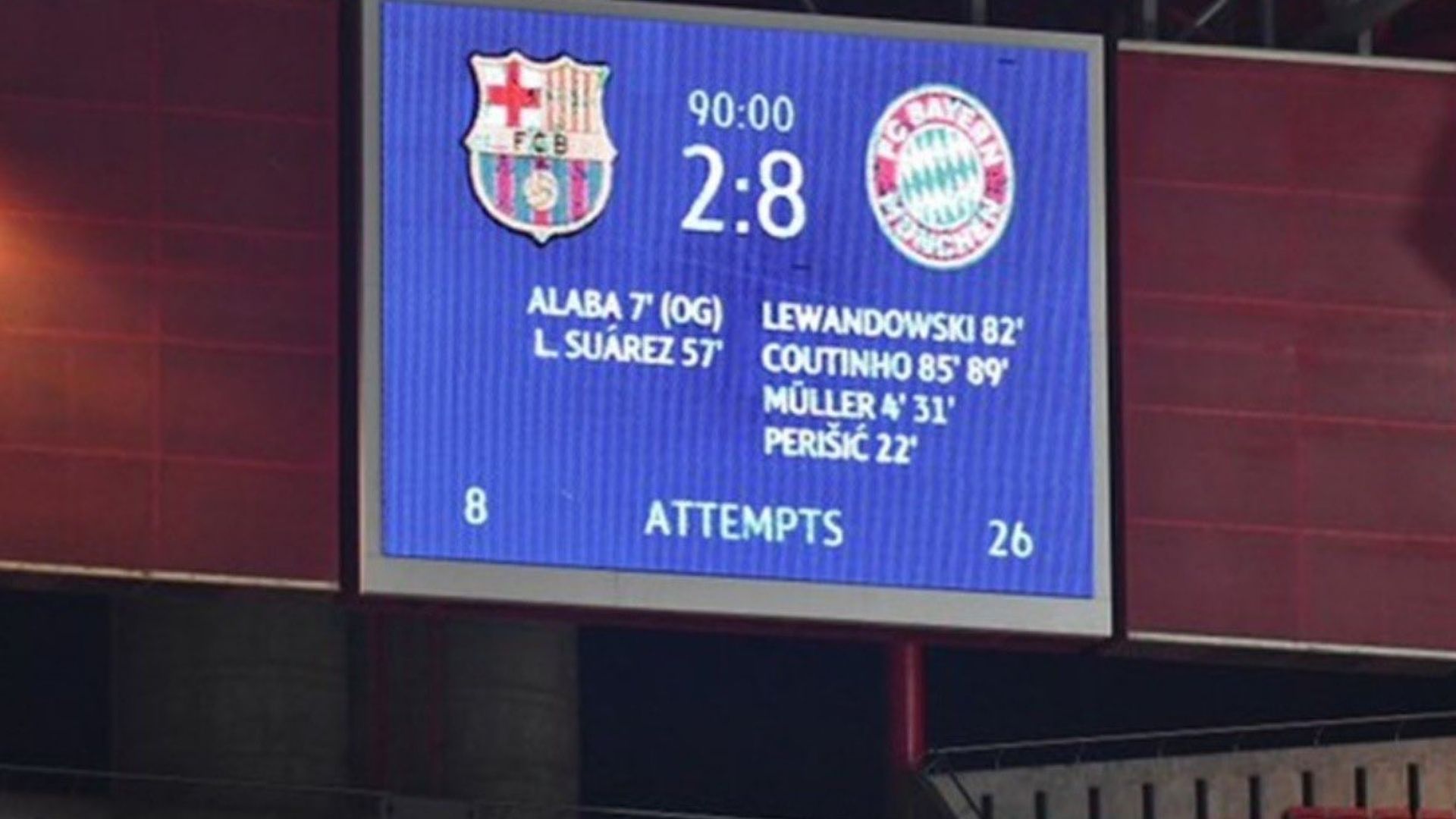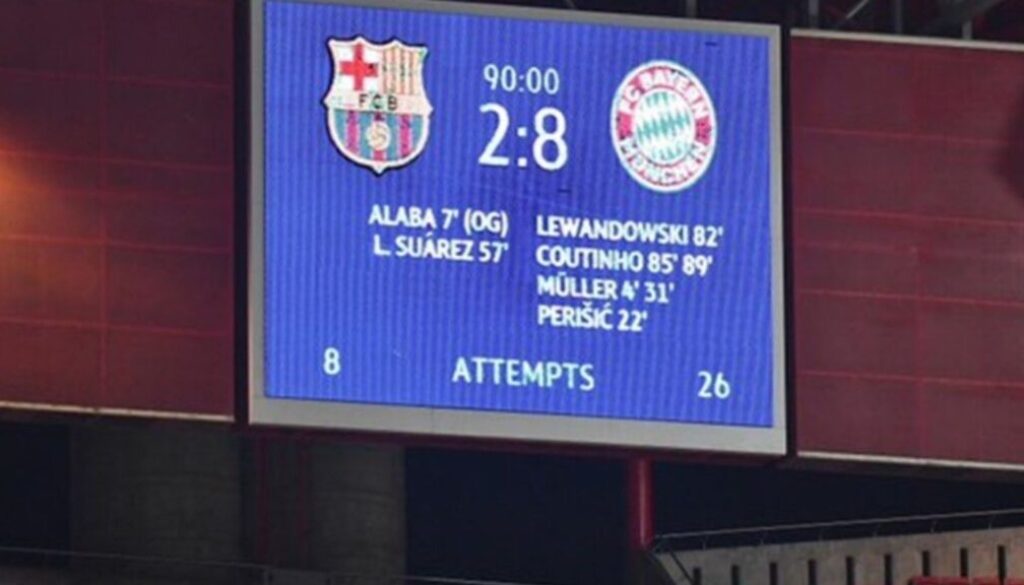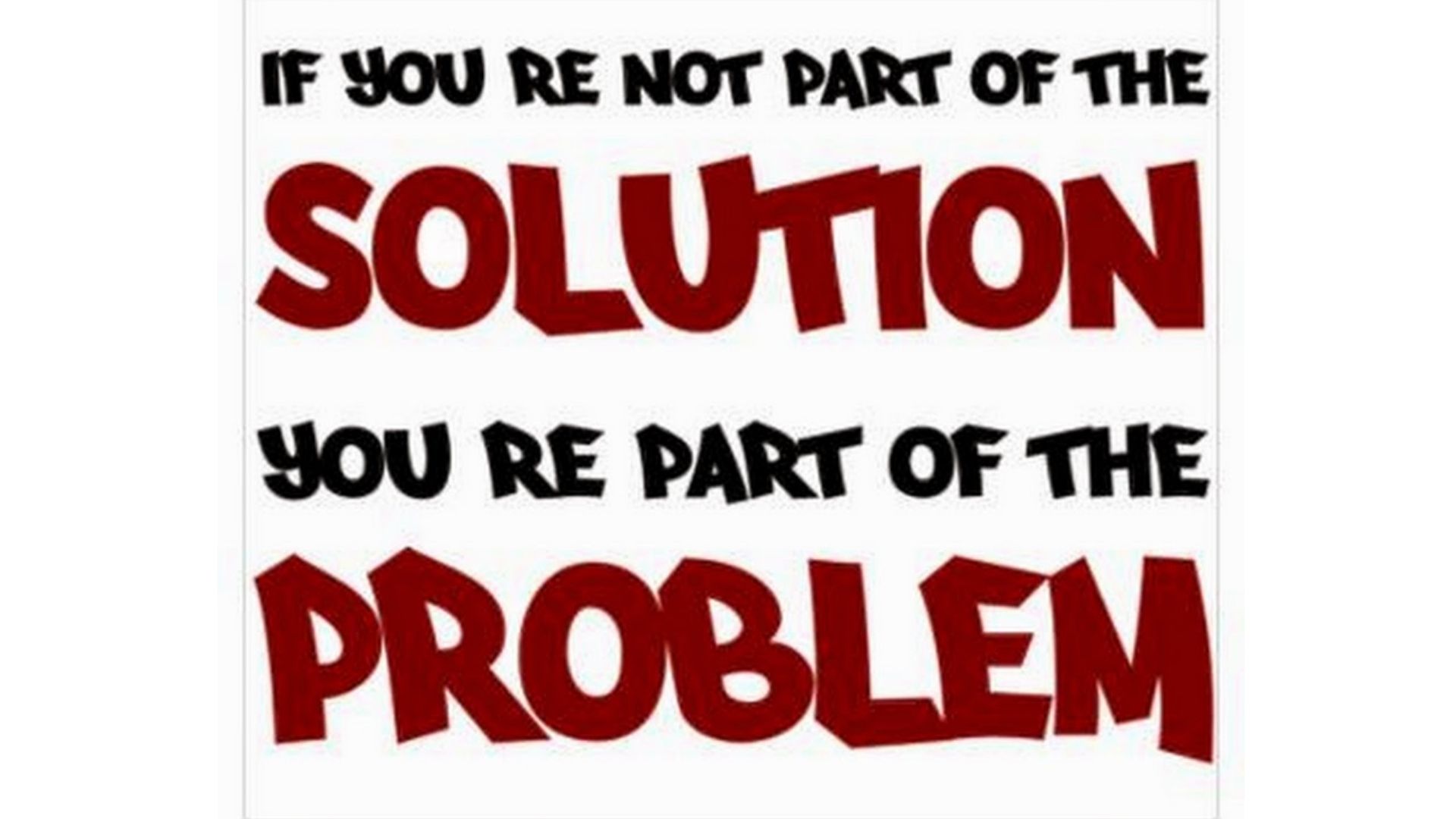Why Score Cards Seduce Us
1986, World cup -Mexico, its the quarterfinal; France and Brazil are battling out into what turns out into a soccer classic. As a soccer-crazy kid peering into the TV in the wee hours of rainy dawn, I was fascinated. The battle went on: half time, full time and then extra time,
scores level at 1-1. High quality, pulsating football, both teams exhibiting sublime skill and tenacious grit, no quarter given. At some point after extra time I dozed off into slumber, my body and mind exhausted with the titanic battle.
The next day I eagerly opened the sports papers, the headline scorecard read France 4: Brazil 3. France had beaten Brazil on penalties! And then there were a few lines on who had scored the penalties.
I remember feeling lost and a little cheated. The scorecard just did not and could not reveal the depth of the battle. The magic of the Brazilian wizard Socrates, the bravery of Joel Bats the French keeper or how the two titans, Platini and Socrates missed their respective penalty shots. Nothing. All it read was France 4, Brazil 3.
That’s what scorecards do.
They reduce the essence, the context, and the nuances into a flat numerical expression.
They keep count, nothing more, nothing less.
We know this. Then why do we take scores as the endpoint or the entire gospel truth in our day to day business lives?
C-Sat, NPS, %Attrition, %orders lost and there are many such, all good metrics, but that is all they are. Means of keeping score. The start point of insight.
They do not and are not intended to tell you what you need to focus on, what you did well and why. What really matters to your customers, your employees? Where do you need to cut the flab? What strengths to build on. What road map to pursue and what roadblock you may encounter en route?
For that, you need to dig deep. Really deep. This requires time, focus and expertise.
But in the quick fix, the numerical,right-brained obsessed approach that many managers prefer, scorecards are like comfort food, seemingly irrefutable, easy to project and easier to comprehend and above all, does not require more than the proverbial two minutes to absorb.
Moreover, good scoreline signals “all is well, do not tinker with anything” and a bad scoreline may translate to “Scapegoats need to be found”.
Scorecards have an uncanny ability to seduce you into inaction.
They also do not tell you what to implement in order to win your next match, the next one and the one after that and create that winning habit.










